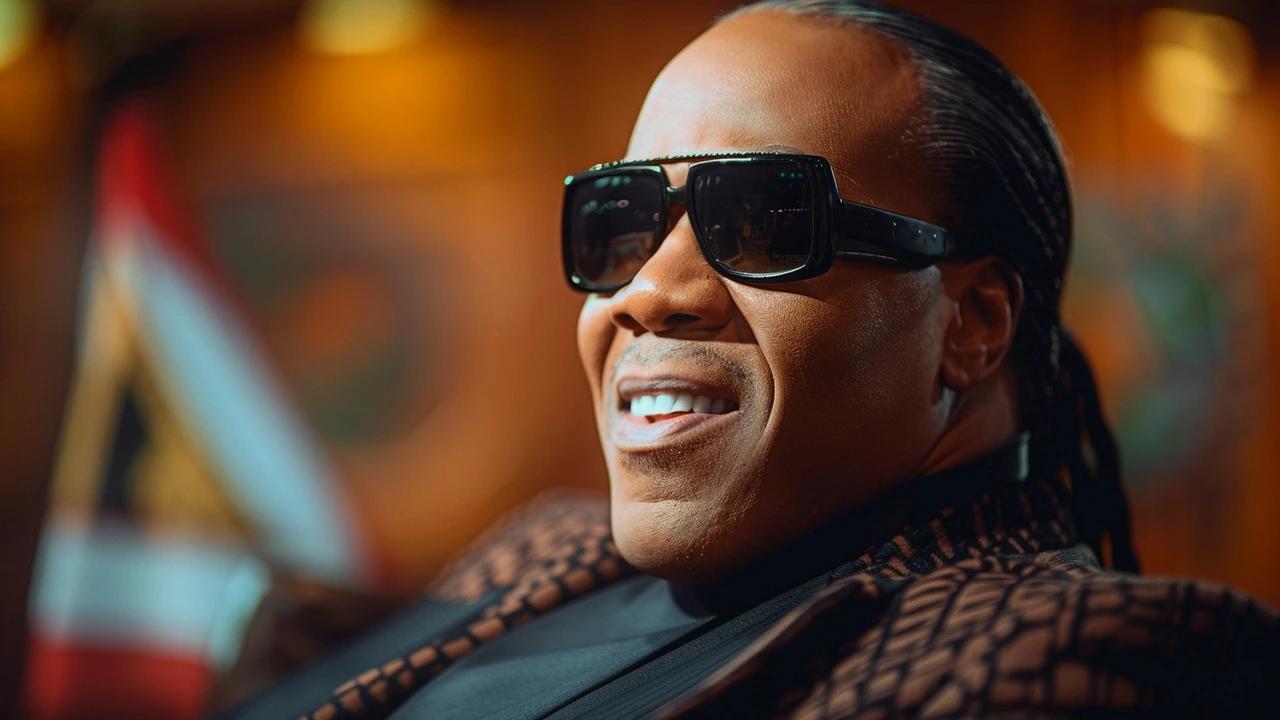Music Legacy: Practical Steps to Preserve and Share Sounds That Matter
Think about the last song your grandparents loved. Who will keep that recording safe when they’re gone? Music legacy isn't just nostalgia — it’s history, income and identity. If you care about African music, here's a clear plan to protect and share it.
Start by collecting everything. Pull together vinyl, cassettes, CDs, old phone recordings, lyric sheets and photos. Label each item with who, where and when. That short note becomes priceless later.
Digitise and organise
Turn fragile media into files. Use a simple setup: a good USB turntable for records, a cassette player with digital out, or your phone for live interviews. Save master copies in WAV or FLAC for quality, and make MP3 copies for easy sharing. Name files with a clear pattern: Artist_Title_Year_Location. Add a short text file with context — who played, who recorded, and any stories.
Follow the 3-2-1 backup rule: three copies, two different formats, one offsite. Keep one copy on a hard drive, one in cloud storage (Google Drive, Dropbox, or archive.org) and a third on a physical drive stored somewhere else.
Tag, credit and secure rights
Metadata matters. Use ID3 tags for MP3s and add album art, year, language and credits. That helps streaming services and future researchers find your files. Register songs where possible so family members can claim royalties later. If rights are unclear, write a simple release form and have artists or heirs sign it.
Think about access: do you want music public or restricted? Platforms like Bandcamp or SoundCloud are great for sharing and earning. Archive.org and local university libraries are better for long-term public access and research. For rare cultural recordings, work with community leaders to decide who controls access.
Record oral histories. Ask musicians about how songs were made, the instruments used, and the meanings behind lyrics. Short video clips of performances and instrument demos add context that a pure audio file can’t deliver.
Use simple tools: Audacity for editing, VLC for playback, and free transcription tools to capture spoken stories. Teach one person in the family or community how to manage the archive so the work continues.
Funding and exposure help. Apply for cultural grants, partner with local radio, or run a crowdfunding campaign to preserve bigger collections. Festivals and school programs can bring old songs back into everyday life and introduce them to young listeners.
Start today: pick one cassette or one song, digitise it, add a note about who made it, and save three copies. That single act can keep a piece of African musical history alive for generations.
Stevie Wonder Honored with Ghanaian Citizenship for Cultural Contributions
American musical legend Stevie Wonder has been granted honorary citizenship by Ghana. This prestigious recognition celebrates his profound impact on music and his dedication to promoting African heritage globally. Ghana's government acknowledges his influence and contributions, enhancing his legacy as a global cultural icon.
